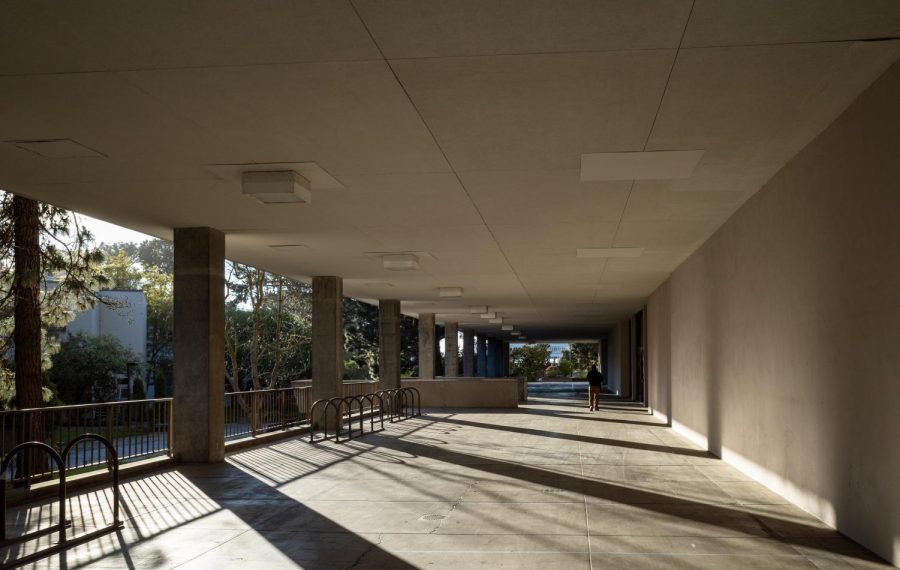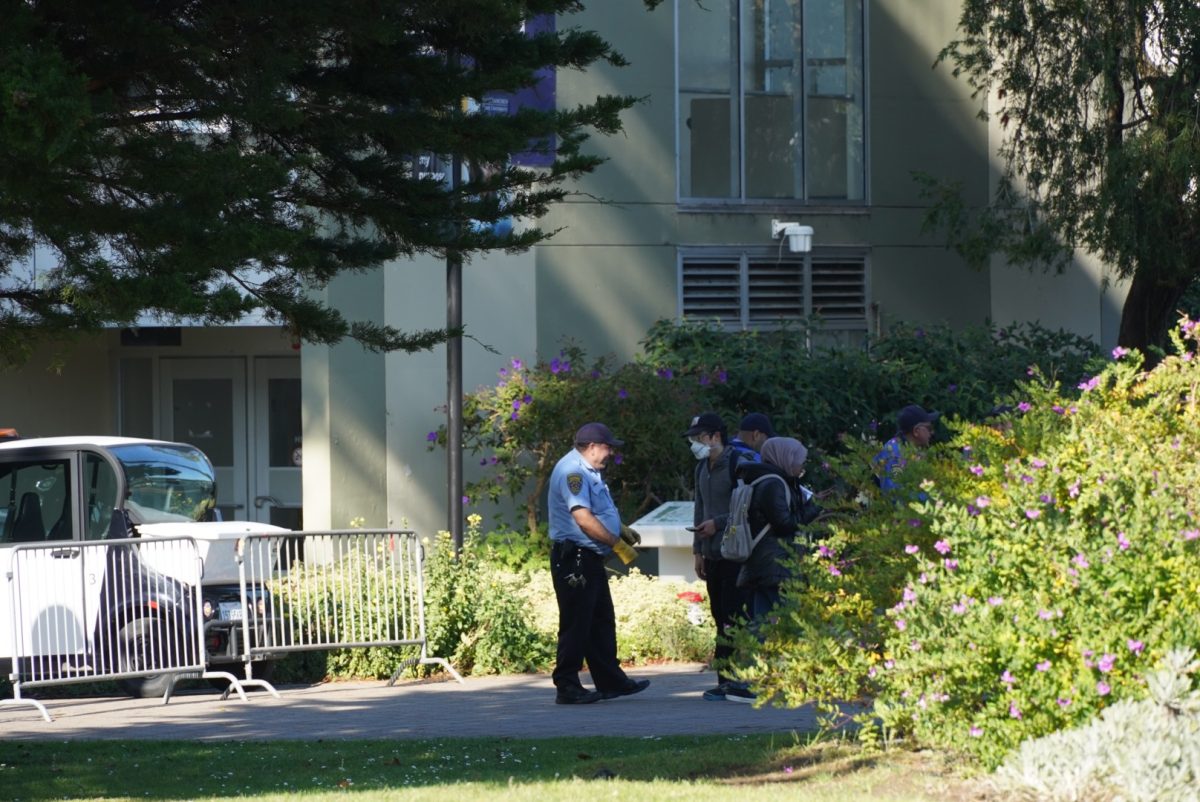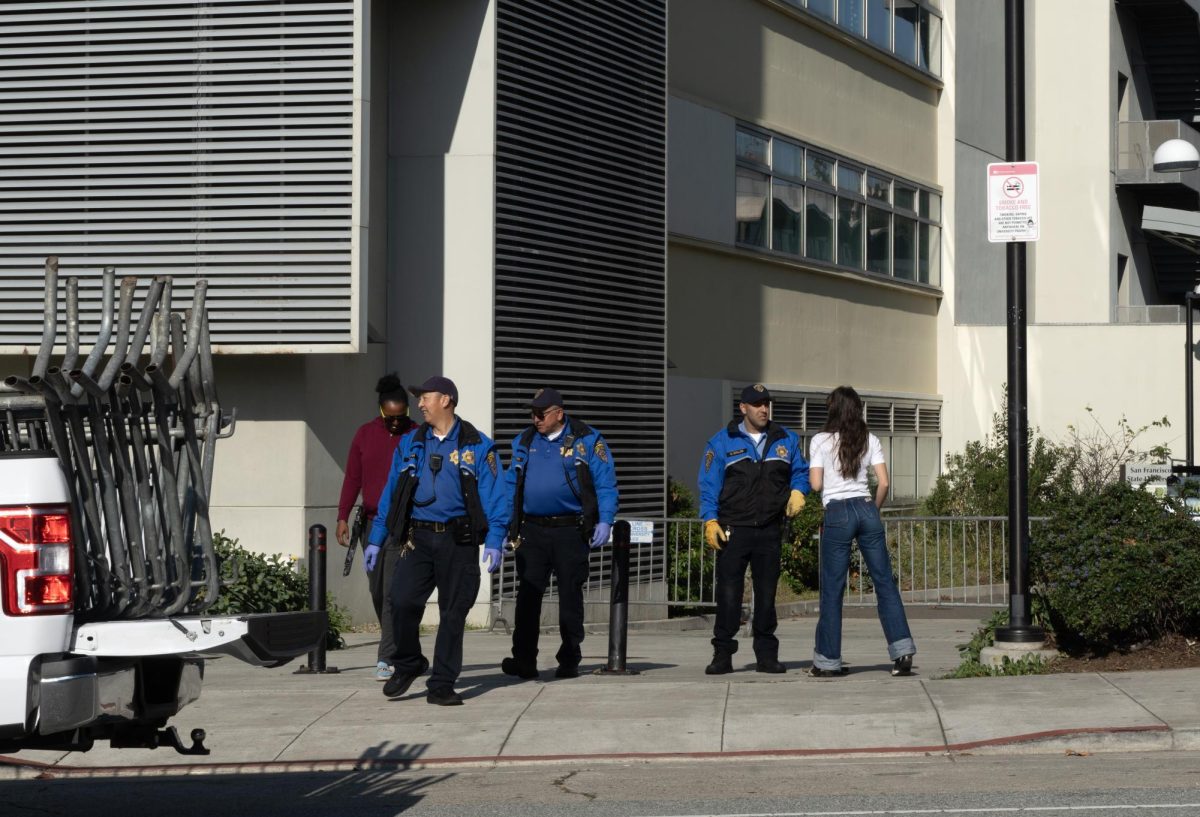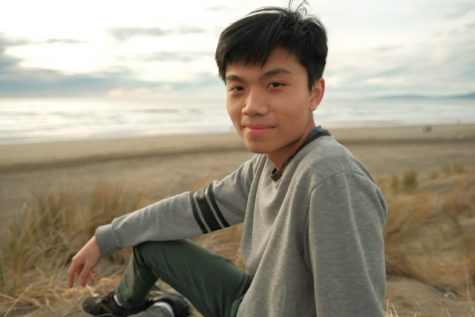Rahaf Haddad remembered sitting in an engineering class with her male peers, who were reviewing her work for an in-class assignment. In the moment, she said she thought they were just comparing answers — she reflected on the moment and realized they were using her assignment as a litmus test for her credibility.
“I thought, ‘Oh, they’re just checking me. They’re checking my work,’” she said. “But actually, it was like, they were not taking my words. ”
Haddad is the vice president of SF State’s chapter of the Society of Women Engineers. Founded in 1950 and with 79 local sections and 277 student sections, the group is a non-profit organization that has worked to encourage women in STEM fields to fight for their spot in a male-dominated landscape.
SWE at SF State provides students with professional workshops to hone their resume writing and interviewing skills. Some events feature women from different companies to talk about their journey in engineering. SWE has hosted companies such as Microsoft, Space X and Splunk.
The organization is open to all SF State students and all genders, through which it “expands the image of the engineering profession as a positive force in improving the quality of life and demonstrates the value of diversity.”
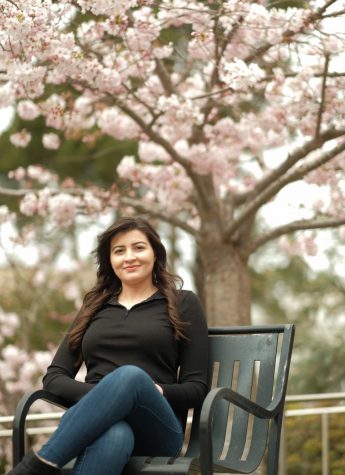
“The Society of Women Engineers at SFSU is a student organization where we build a community for all women and it doesn’t have to be just engineers,” said Kandace Bishop, president of SWE at SF State.
During SWE meetings, the students open up about their challenges and hardships that they face as women engineers. However, the events and programs that SWE provides allow the students to see that everyone is going through it and they are not alone.
“The young generation is very fortunate,” SWE advisor and engineering professor Yiyi Wang said. “Thanks to the older generation’s hard work — their fight — we are able to see more equality and more female presence.”
In 2018, the Pew Research Center reported that 75% of women are currently working in health-related fields while only 14% of women are currently working in engineering. It also states that about 48% of women in STEM say their gender has made it harder for them to succeed in their job.
Haddad, said she experiences a lot of “mansplaining” from her male classmates.
“You really have to work hard to be seen as credible, but the other men are in the class, they’re usually seen as credible by just looking at them,” Haddad said.
Bishop also mentioned her experience with gender bias in her classrooms, stating that in group projects, she would immediately be assigned the role of “note-taker.” Through experiences like this one, she seeks solace in SWE to uplift her when she feels discriminated against.
“I do like the challenge. I’m always the person who likes taking on the responsibility of, like, ‘Okay, let me see what I can do to prove you wrong,’” Bishop said. “But it can get overwhelming. For me, what helps is just talking about it with other people who understand what I’m going through.”
To sign up for SWE, email [email protected].



